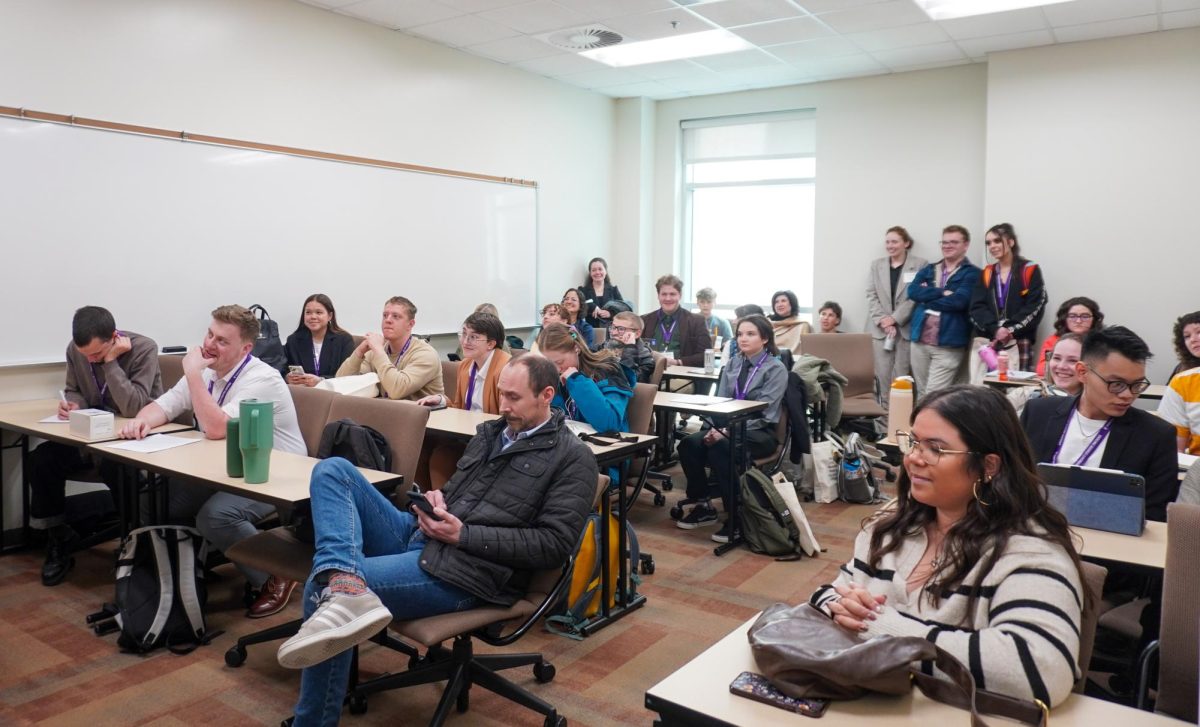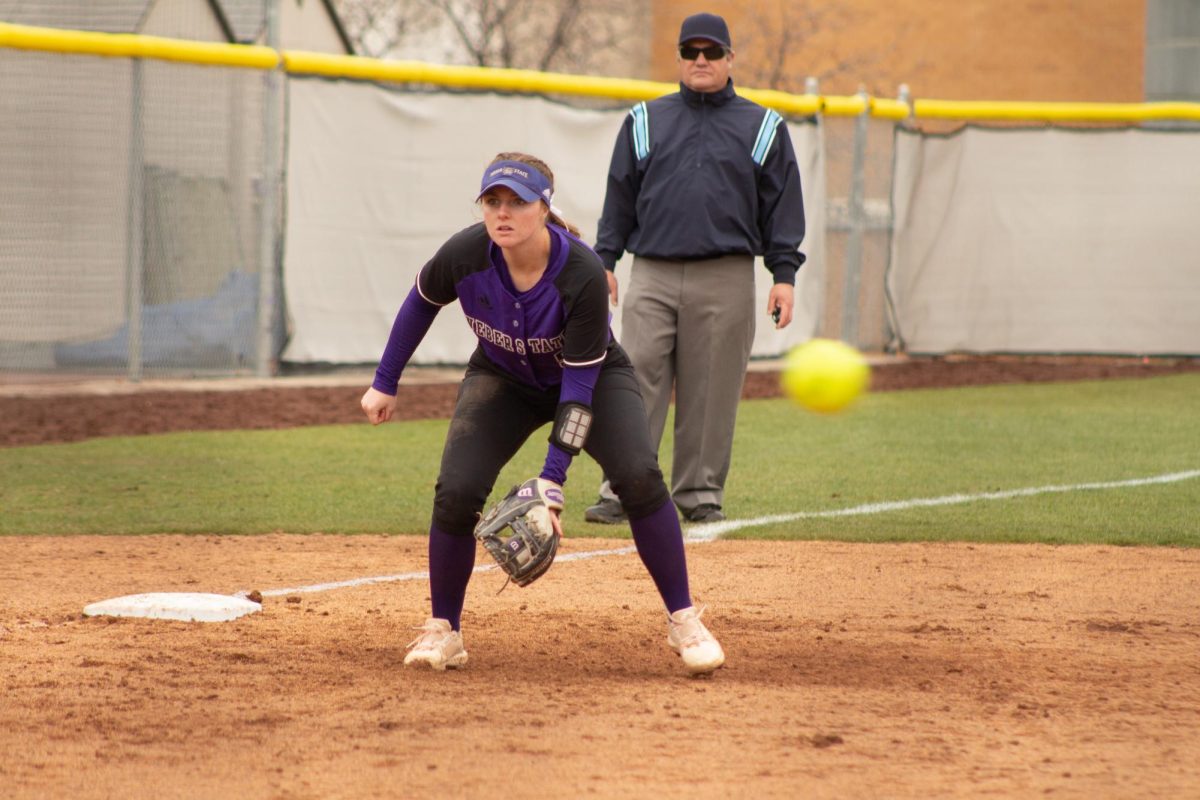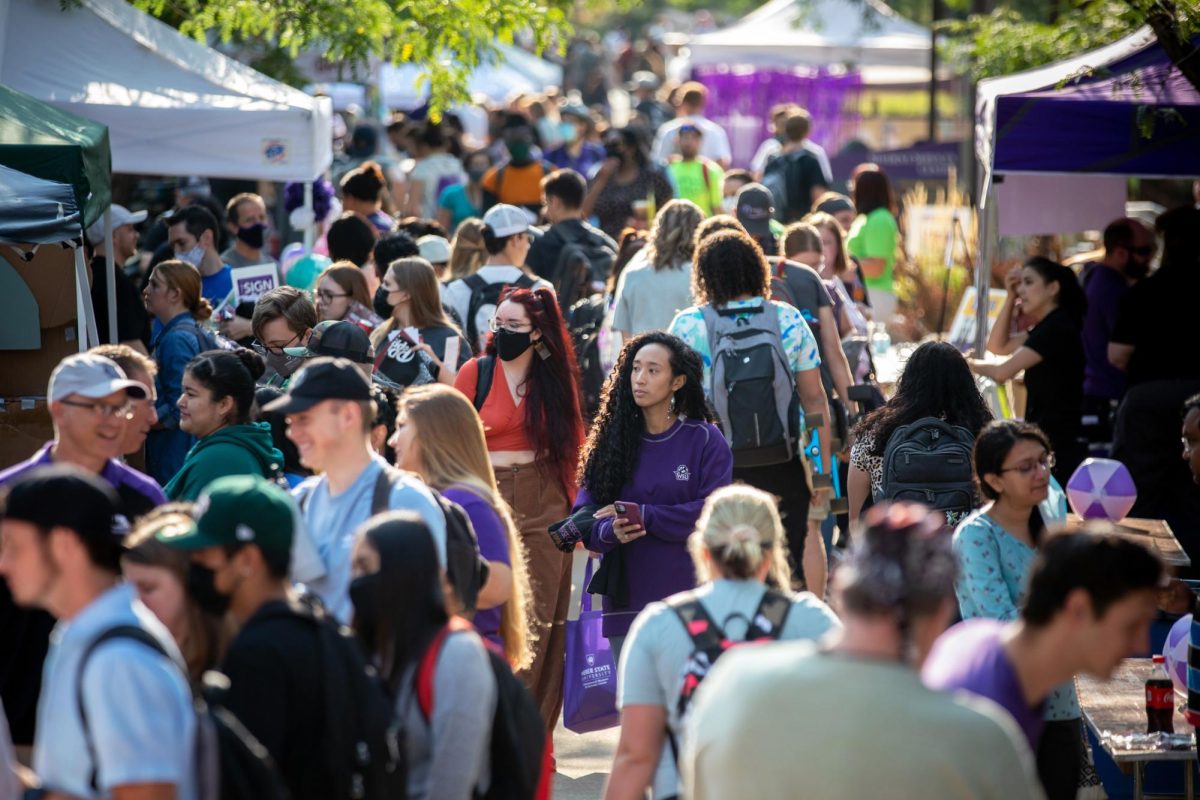
The Center for Diversity and Unity hosted a discussion called “Stop the Hate: American Bias of the Middle East Culture” on Wednesday in the Shepherd Union.
The Stop the Hate program was put in place to help increase inclusiveness on campus and to reduce stereotypes, bias and discrimination against specific groups. These events are designed to promote discussions of issues so students can determine what causes these biases and what can be done to overcome them.
The event was set up as a panel discussion, with two representatives on the panel: Deborah Sheridan, a Weber State professor and chair of the Learning English for Academic Purposes (LEAP) program, and Mohammad Sawwan, a student of Middle-Eastern heritage. The two fielded questions from the audience and shared many personal experiences.
“It can be a very emotional experience, being stereotyped and disliked for something you have no control over,” Sheridan said.“Even though I looked like a Scot, as soon as I opened my mouth, they’d know that I’m not.”
Sheridan explained that her understanding of the subject comes from growing up as an English girl among the Scottish for 15 years.
Sawwan described that in his experience of growing up in the Carolinas, he never felt different until after the events of 9/11. He said that on the morning of Sept. 12, all the windows of his father’s shop were broken and there was racist graffiti on the walls inside.
“That’s the first time I ever felt like I was an Arab-American and not just an American,” said Sawwan, who was only 9 years old at the time. “In school, suddenly I became the ‘Arab kid,’ and I was never the ‘Arab kid’ before.”
Experiences such as Sawwan’s help illustrate the far-reaching and damaging effects of racism to those who may not have ever experienced it personally.
Kim McVey, a student who attended the event, noted that getting to know people on a personal level is an effective way to do away with biases.
“If you take the time to learn more about a person, it usually dissuades any of your biases,” McVey said.
Overcoming the lack of understanding that exists between different groups of people is key to doing away with racial and cultural biases. That is one of the reasons why the Stop the Hate program exists.
“Things are the way that they are and they will continue to be that way until they are challenged,” said Ali Johnson, the chair of the Stop the Hate program, about the persisting bias against people of Middle Eastern descent. “Most of us were young when 9/11 happened and we were raised on these norms, so now it’s our job to challenge them.”







